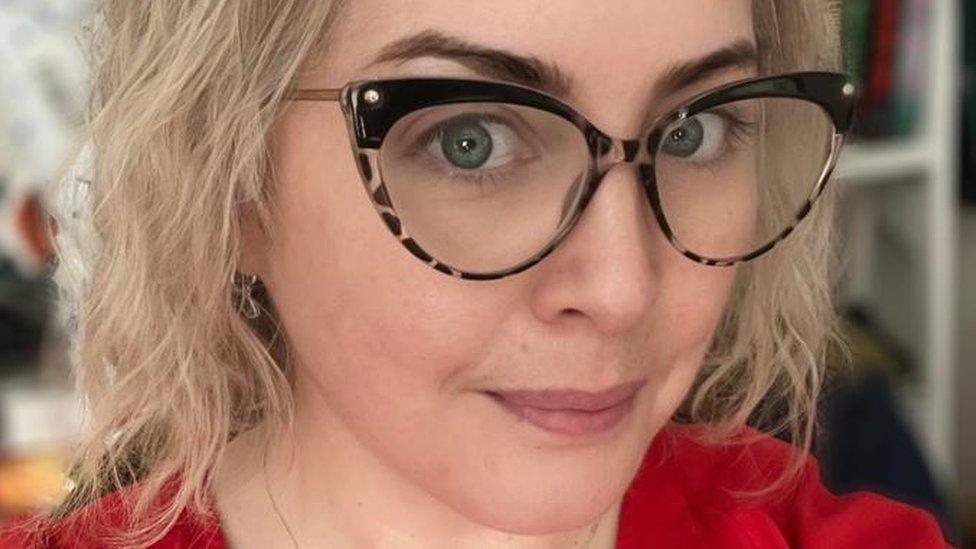'We all have unique talent' says musician with ADHD
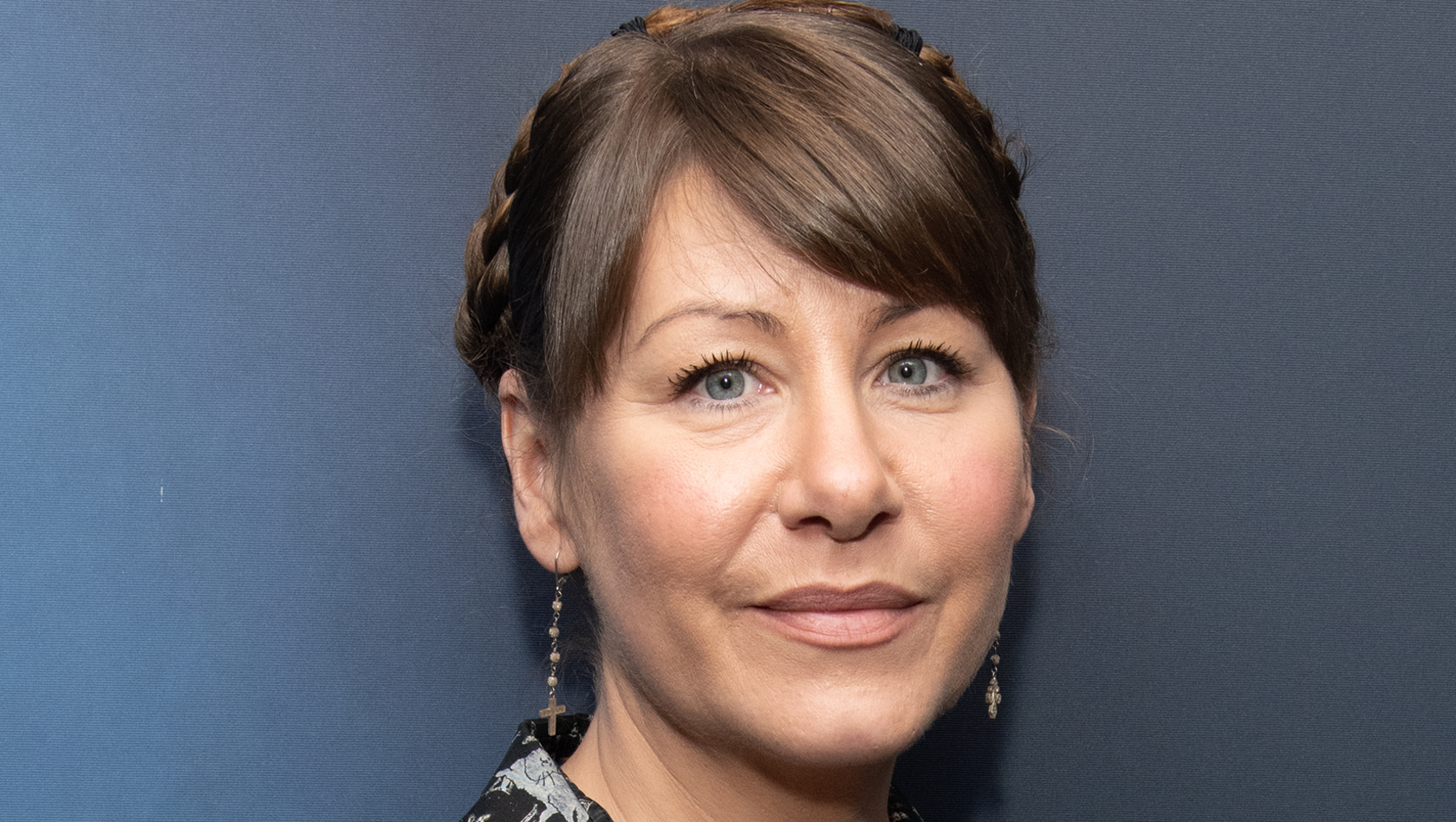
Rachel Fuller was diagnosed with ADHD two years ago
- Published
Musician Rachel Fuller was diagnosed with attention deficit hyperactivity disorder (ADHD) two years ago but says she was seen as "a bit of a headache" as a child.
Realising she had a talent for music at nine-years-old was an outlet for her to channel her differences.
"When I started playing the piano and I had this aptitude for it, I think everyone was relieved: 'well, at least she's really good at something,'" she says.
"There really was nothing like ADHD. You were just labelled a naughty, disruptive kid. I don't think I came across as someone who had something wrong with me. I think I came across as a child who was naughty."
Zoom along to today and her book BEE celebrates people's differences and is based on her ballet that was co-produced with the Royal Ballet and Opera.
"It's very easy to see external differences – hair colour, skin colour, eye colour, how tall you are. But we have these differences on the inside as well," she says.
"We all have our own unique talent and our own sort of superpower. I love that word: I hear children using it a lot. If they're a little bit different, it's a superpower.
"So really [BEE is] about how we're all different. I think every child at some point has felt that they're a bit left out or they're a bit different but for neurodiverse children it can feel a lot greater."
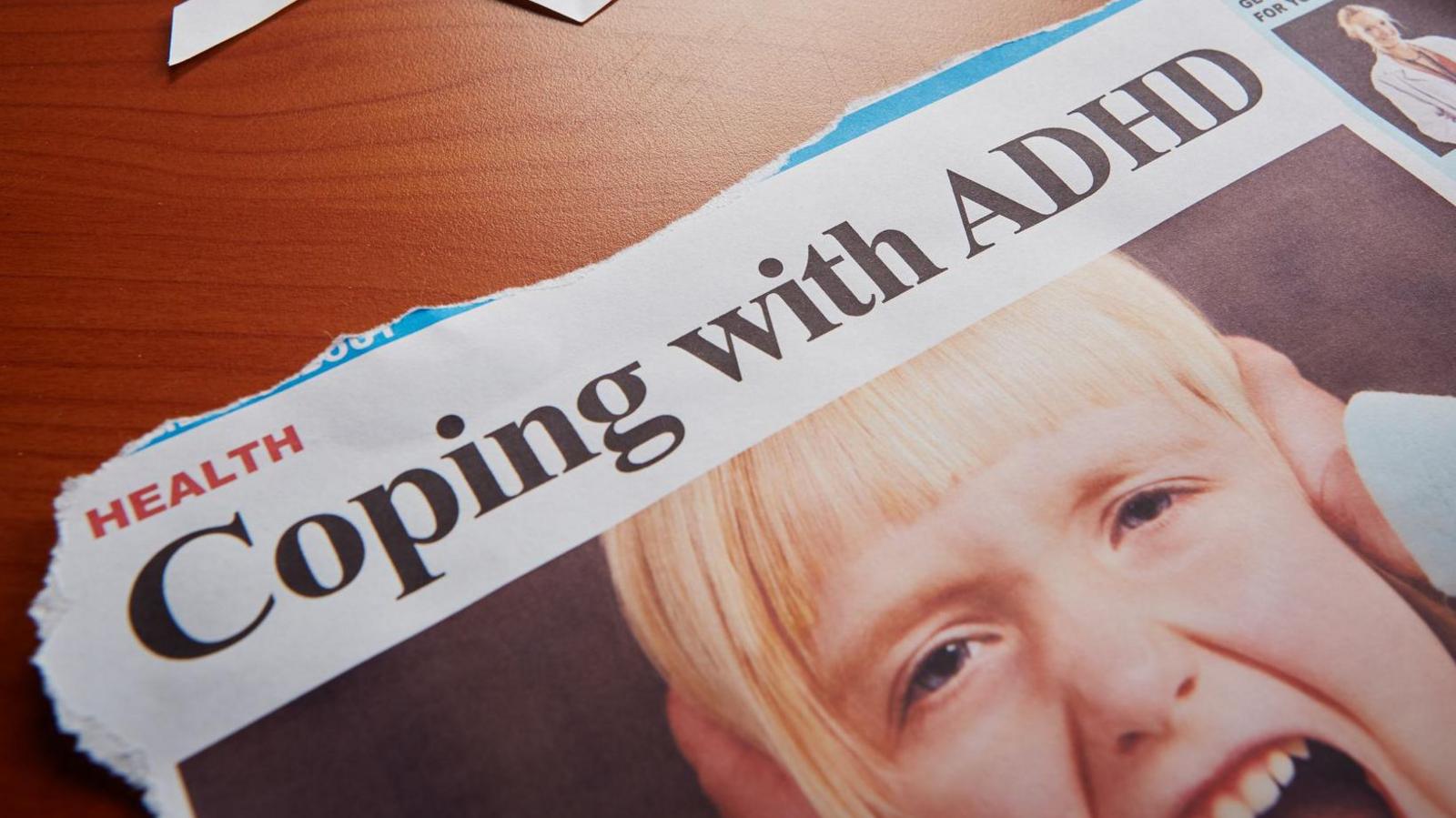
It is thought about 3 to 4% of adults in the UK have ADHD but some are having to wait years for a diagnosis
Since 2015, the number of patients in England prescribed drugs to treat ADHD has nearly trebled, and BBC research last year suggested it would take eight years to assess all adults who were on waiting lists.
The National Institute for Health and Care Excellence (NICE) only officially recognised ADHD in adults 17 years ago and it is thought about 3 to 4% of adults in the UK have it.
For Fuller, who lives in Uffington, Oxfordshire, her diagnosis had a significant impact on her life.
"Suddenly all the things I thought were bad aspects of my personality, things I thought were just defects in my character – like being impatient and interrupting people when they were talking – I could see that actually [ADHD's] a physical condition where your brain does not make enough dopamine," she told BBC Radio Berkshire.
BEE, written by Fuller and illustrated by Emilia Wharfe, explores difference and acceptance and the importance of individuals' talents being shared.
And Fuller and Wharfe seem set to take their work to festivals over the summer.
"I have an old 1965 split-screen VW Camper, because I am essentially a big child myself. I like to go camping, I like to mess around on boats.
"I said to a friend and to Emilia: in the summer, decorate it with ivy and flowers and lights and get kids to sit on beanbags and read the books and play some of the music [from BEE] and maybe encourage them to to do some movement and workshop stuff," Fuller added.
"I feel like I might have more fun than the children!"
Get in touch
Do you have a story BBC Berkshire should cover?
You can follow BBC Oxford on Facebook, external, X, external, or Instagram, external.
- Published14 January
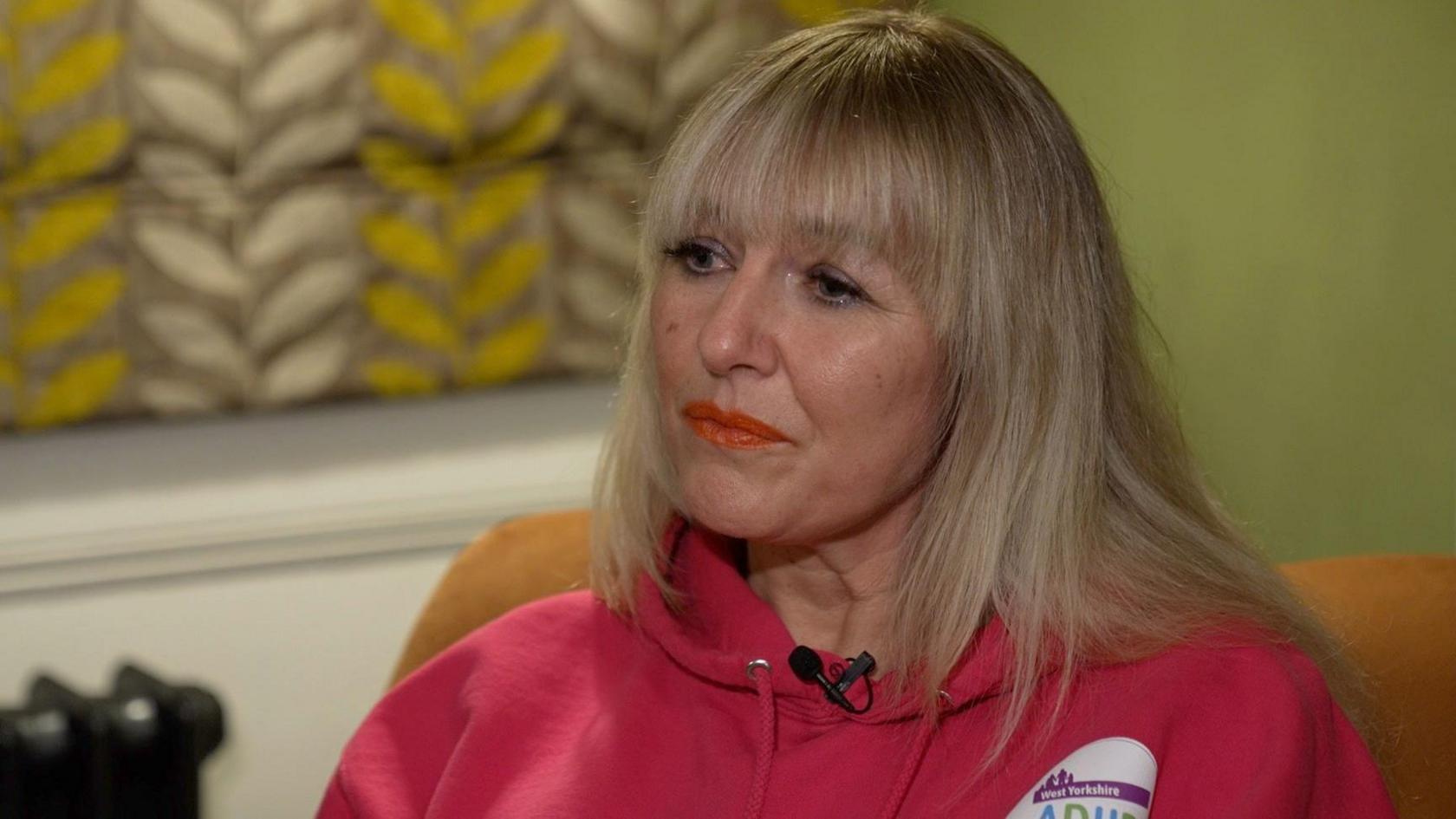
- Published14 January
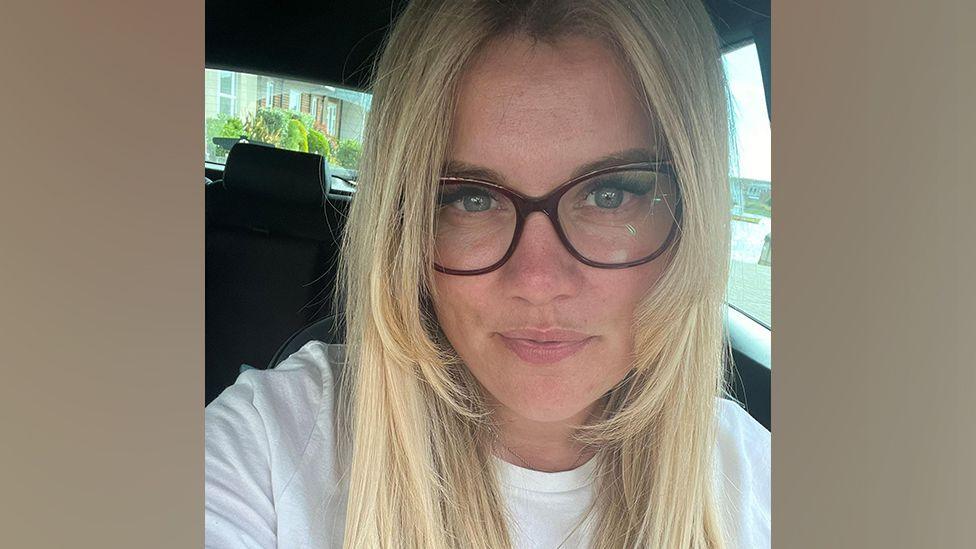
- Published15 September 2024
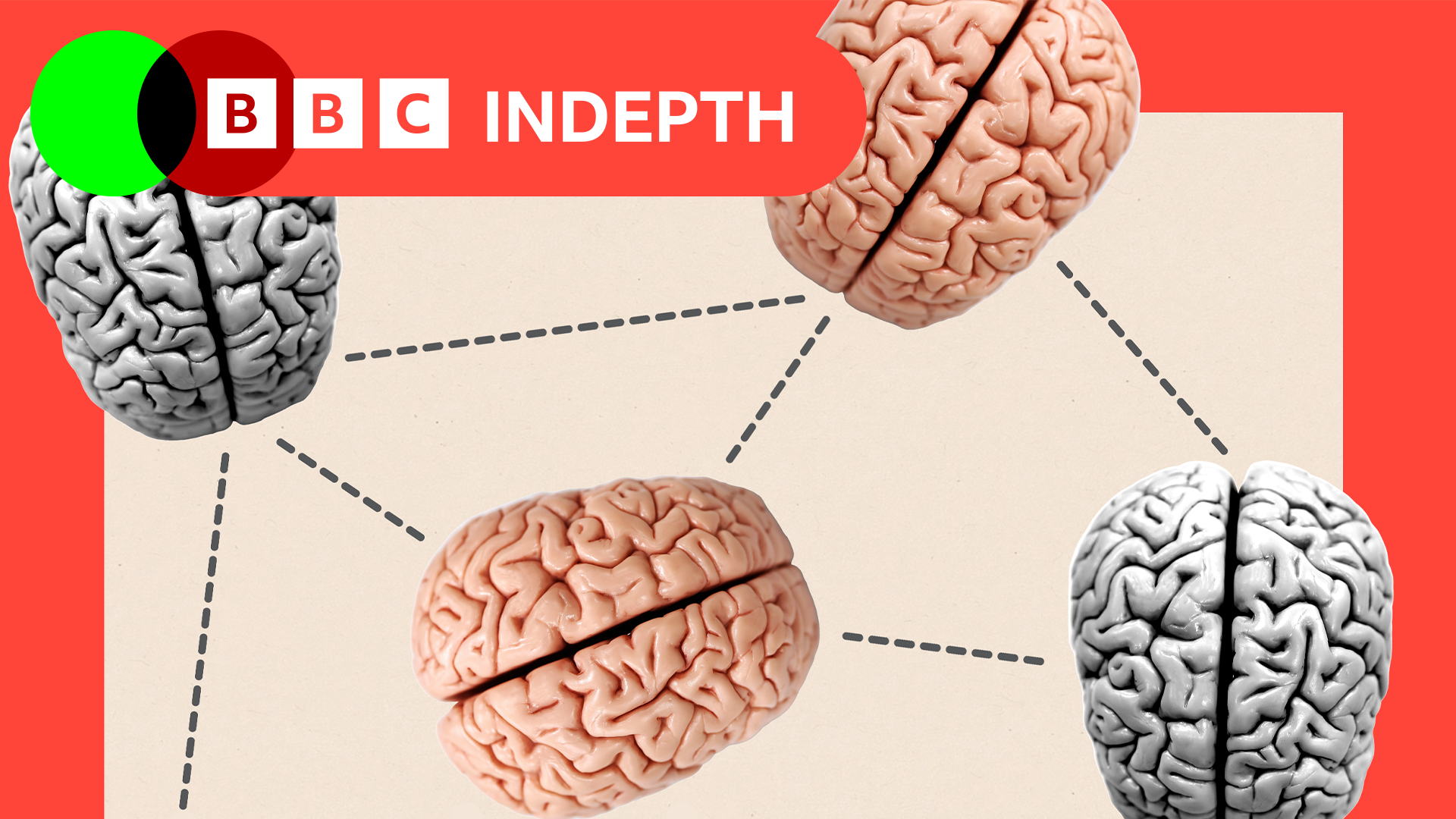
- Published25 July 2024
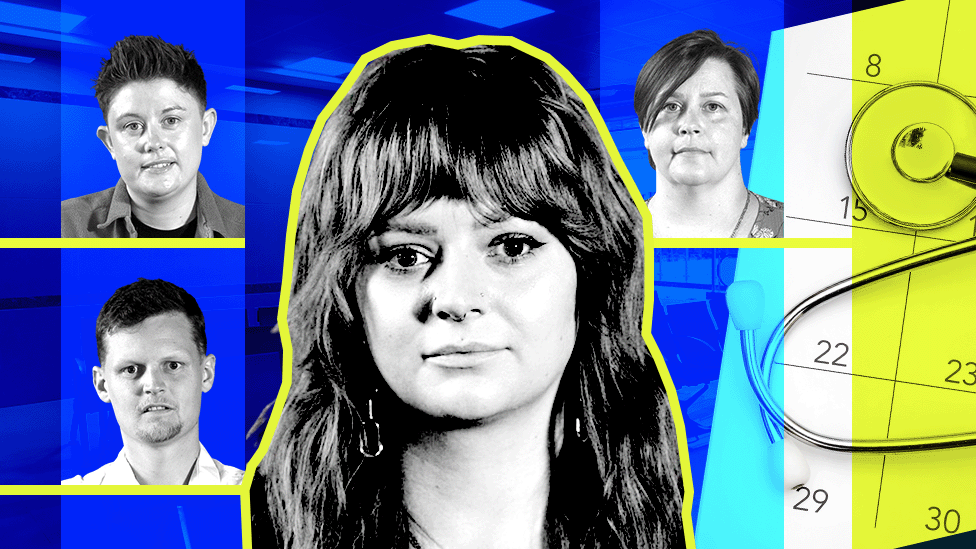
- Published22 November 2023
